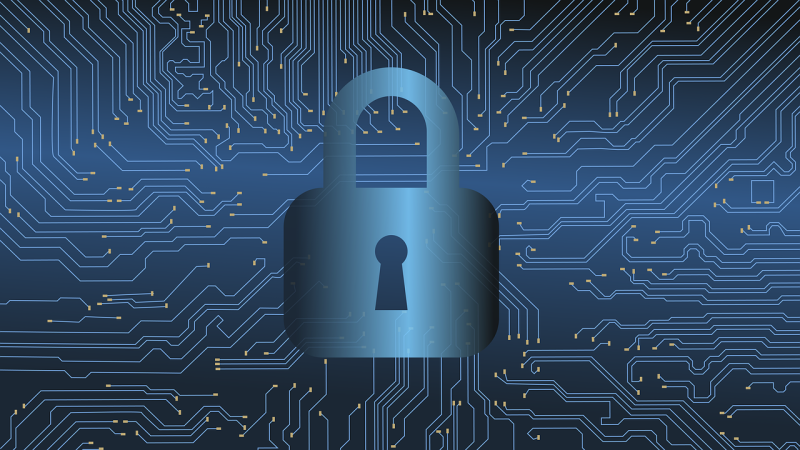We have all lived in the hype around cybersecurity and how if we don't pay attention, it can become our nightmare, one where even the best corporate securities and government will not be able to intervene. There is no requirement of any proof or statistics to prove the threat: Cyberattacks are our reality. Why has this transformation from a threat to reality happened?
Even you can write and share your knowledge about cybersecurity in our Cybersecurity Write For Us column.
- The capability of several organizations to deal with cracking and hacking has reduced significantly
- People working on cyberattacks are more knowledgeable as compared to an average IT professional. Gone are the days when amateur hackers were attacking our systems. Today, these cyberattacks are created by terrorists and crime syndicates.
- People defending against the cyberattack are using the wrong defense mechanism. The threats are more complicated in nature. It is just like a war, with several attackers, millions of targets, and no end goal.
So what can we do to protect our organization? Yes, our nations and presidents are passing outlaws to help combat this, but is it really going to stop? No, we need to revaluate our IT strategy on our own and put in a place a system and process that will boost our security.
Here are the top 5 reasons why you need a Cybersecurity plan:
- There are high chances that you have identified the wrong threat, which inevitably makes your approach wrong. You may have a lot of security strategies in place, but how many of them are still valid as per the current market scenario? You will never know the answer if you don't make the conscious effort to find out. Therefore, you need to stay up-to-date and create a plan that combats the latest threats.
- Creating a dedicated strategy for cybersecurity and updating it regularly is an effort in itself, which is usually not otherwise present. Keeping that strategy fresh and making it specific will give you the power to influence security decisions the most.
- One word to defeat-reactive defense. We don't need to implement anything fancy when we know it will fail. But how does an organization become proactive? It begins with creating a cybersecurity strategy, which considers the uniqueness of your organization and designs a foundation based on that.
- Strategy is the core of any organization. It helps in making a centralized decision and is a sure way to understand and resolve a problem. However, these are not just random principles, but specific goals, decisions, and objectives to face the challenges.
- The ultimate performance metric for organizations is performance. Use it to highlight how you perform in challenges, and the approach you would be use for achieving positive results. Only a strategy will help you identify your organization's security stance. Remember that you need to set a metric based on the risks that you have faced before, and to those you haven't experienced yet. Creating a security plan for yesterday's strategy will not protect against the risks of tomorrow.
Cybersecurity
Most of you are thinking that the best approach to defend is at the network or code level, and definitely, that is one chunk of the puzzle. And that's the thing we need to skip until now we have been moving the puzzle pieces around without any sure solution. Cybersecurity is a bigger picture that shows us that it is crucial to solving that puzzle; rather than finding two-three massive pieces and relying on those to complete the picture.

